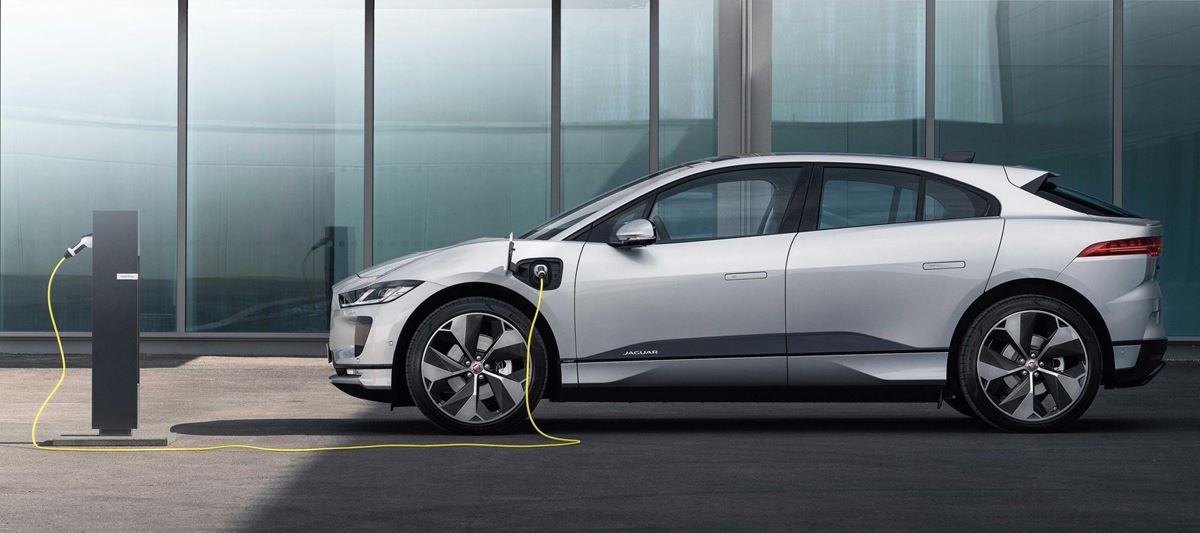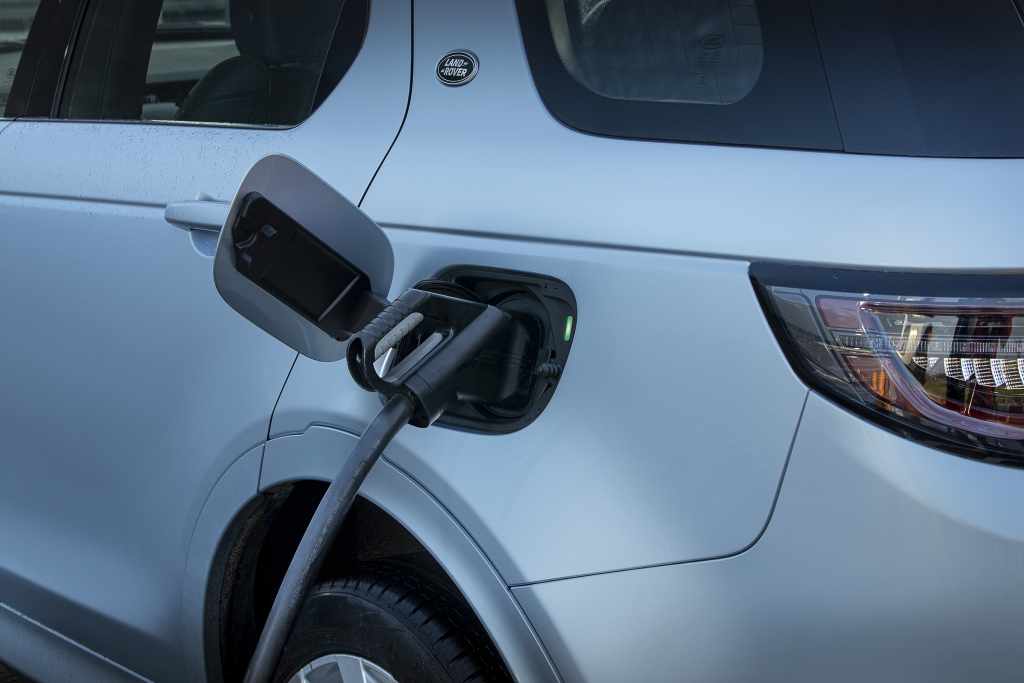

Jaguar Land Rover is developing a Hydrogen Fuel Cell Vehicle with the aim of reducing vehicular emissions for a clean future. The brand has been researching and developing new low emission technologies since the past decade and alternate fuel services is a part of the brand’s research and development.
In a joint statement on 23rd June 2020 by the Department for Business, Energy & Industrial Transport and the Department for Transport, the UK Government announced that it will be investing GBP 73.5 million in the ten projects across the UK automotive industry, which will be used to further research and to develop the latest, cutting-edge technologies. The aim is to boost the use of renewable energy to power vehicles and will help the industry to reduce its reliance on fossil fuels.
Advanced Propulsion Centre (APC), a not-for-profit organisation based at the University of Warwick, will facilitate the funding of UK-based projects focused on the research and development of low emission powertrain technologies. Jaguar Land Rover will collaborate with three partners – Marelli Automotive Systems, UKBIC (The UK Battery Industrialization Center), and Delta Motorsport for what has been dubbed as Project Zeus. Under Project Zeus, the UK-Based partners will work on the research and development of a prototype hydrogen fuel cell vehicle. Through the collaboration all four partners in Project Zeus will be working to evaluate, analyse, and develop hydrogen fuel cell technology.
At present, the Project Zeus is in its preliminary stages and it is difficult to speculate if the brand will be making a Hydrogen-powered SUV under the Jaguar brand or the Land Rover brand and more details on the same is expected to be revealed in the near future.
In 2018, Jaguar Land Rover launched the Jaguar I-PACE, which was the first all-electric powered premium SUV. After the success of the electric Jaguar I-PACE, Jaguar Land Rover has turned its attention for the research on the development of a hydrogen fuel cell SUV.

